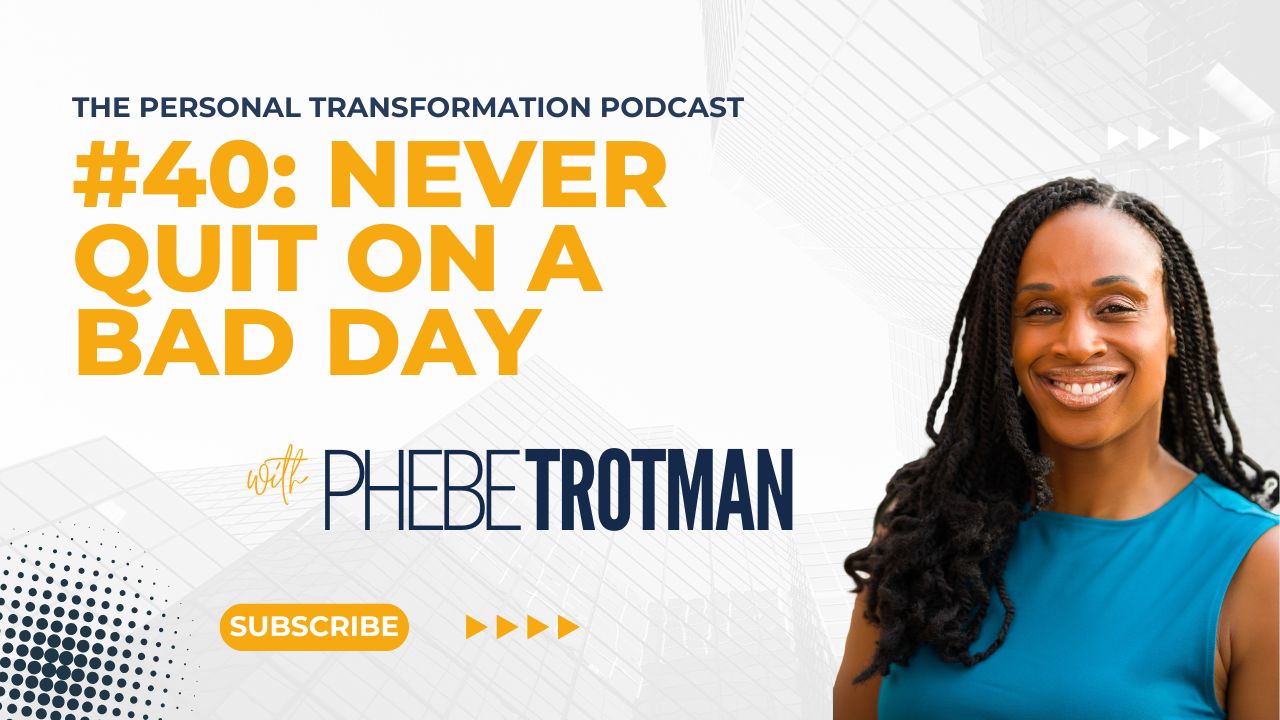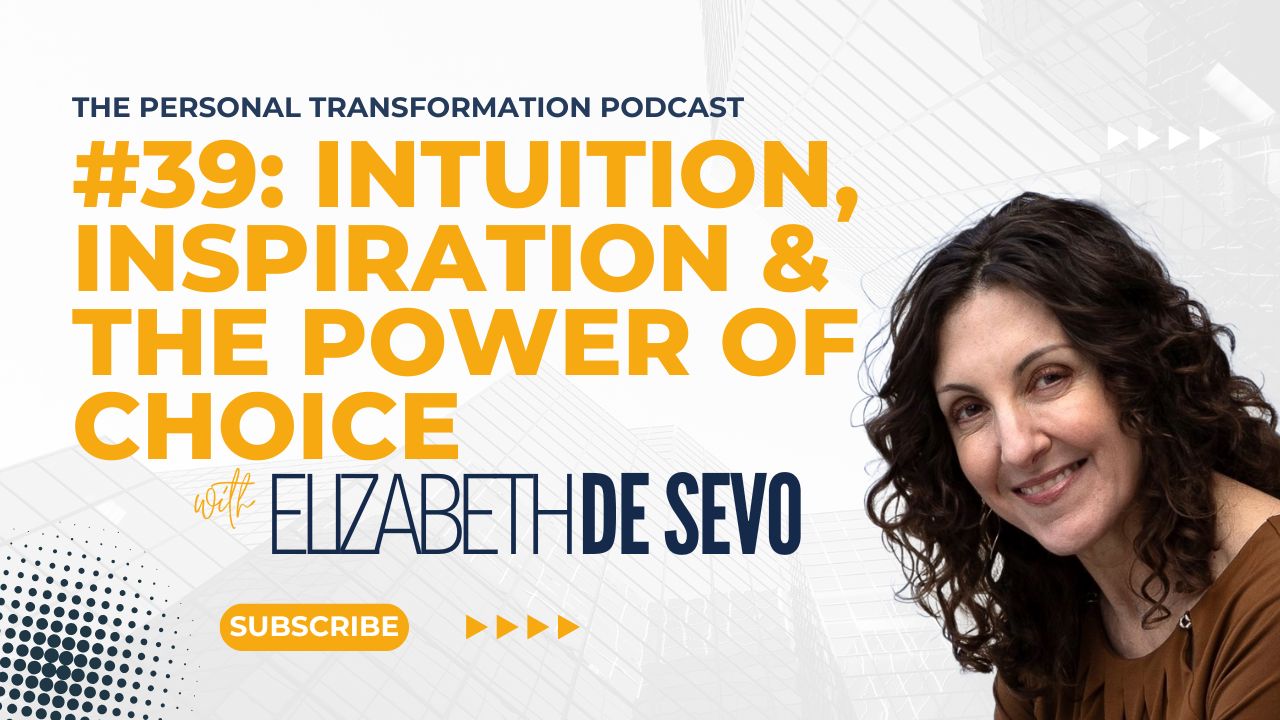The Do’s And Don’ts Of New Years Resolutions
January is a great time for setting goals and New Year’s Resolutions allow us to start the year full of motivation and excitement.
However, most people give up on their resolutions by the second Friday in January, now affectionately known as Quitters Day.
To avoid becoming one of the masses who miss out on this opportunity to kick start the new year and build some great momentum, check out this list of 10 Do’s & Dont’s for how to set successful New Year’s Resolutions.
View this post on Instagram
Do Choose Something Significant
Don’t Try To Change Everything At Once
Instead of trying to change everything, pick one thing that will make the biggest difference and focus there. We often bite off more than we can chew, and this results in feeling overwhelmed and stressed. Given most new behaviours take around 66 days to become habits, if we take on too many new projects, the chances are we won’t keep going long enough to make them habitual. If we want to make it past Quitter’s Day (the second Friday in January) we should chose one major area for change rather than lots of little ones.
Do Get Excited
Don’t Rely On Motivation Alone
We should be excited about our resolutions and the impact they can potentially have on our lives. However, as we progress, our motivation will fade as the novelty wears off, and we have to work to achieve our goals. If we rely on motivation to keep us going, this is when we will likely drop out. Instead, create a routine that supports your habit, track your progress so you can see how well you are doing, and identify people who can help keep you accountable to your goals.
Do Find A Community
Don’t Try And Go It Alone
According to the Theory of Planned Behaviour, our social groups and their expectations of us play a big part in our behaviour change success. If you don’t have people around you that have similar goals and ambitions, you might find it more difficult to succeed. Having a community around you allows you to share encouragement, learn from each others experience, and also get insight into specific challenges and problems that may arise. Alone we may go fast, but together we go far.
Do Tell Someone About Your Goal
Don’t Tell Everyone About Your Goals
Telling the world about your goals might seem like a good thing, but this often has negative consequences. You might get a false sense of accomplishment from the recognition that reduces your motivation. You may get upset when people cast their doubts on your ability to succeed. Failure may seem scarier if more people know a result is on the line, causing you to hold back. Instead, keep your inner circle tight, and only tell people who will keep you accountable, provide guidance, or who are on a similar journey to you.
Do Schedule Time For Your Resolution
Don’t Expect Time To Magically Appear On Your Calendar
The more time you invest into something, the more likely you are to see progress and, as a result, keep pursuing your resolution. As a result, you will probably need to find time to invest into your new habits. Cutting out bad habits often frees up some time. But you will likely need to schedule blocks of time onto your calendar, especially early on, to help embed the habits into your routine. Start with smaller windows, and don’t let anything bump these appointments off your schedule.
Do Set A Deadline
Don’t Put Too Much Time Pressure On Yourself
Having an endpoint to a goal allows you to push hard knowing that a rest is just around the corner. Setting goals along the way to work toward keeps you motivated and keeps the journey interesting. However, given that this endeavour is likely new to you, don’t be surprised if you overestimate what you might be able to accomplish in a given time frame. Instead of cracking under the pressure, use these goals as learning opportunities and adjust your timelines without changing the overall objectives.
Do Measure Progress
Don’t Expect Progress To Be Linear
The Hawthorne Effect suggests that what we measure, improves. As a result, you should identify some key metrics that help you understand if you are making progress in your resolution. However, the path to our goals is never a straight line, so expect fast progress at the first, slower progress later on, and even periods where progress plateaus regardless of your effort. This is a natural part of the process. But, if you focus on leading indicators rather than lagging indicators, you can stay focused on the things within your circle of control.
Do Reward Progress
Don’t Be Too Hard On Yourself If You Slip
What gets rewarded, gets repeated, so be sure to treat yourself when you hit key milestones to recognise the effort you are putting in. For many people, self-encouragement takes effort. We tend to be good at self-criticism, and often use extremely harsh language when describing our own shortcomings. If we are too hard on ourselves, we may be tempted to quit. Instead of being overly critical, use self-compassion and recognise the effort it takes to try and do something new and the courage it takes to be persistent.
Do Plan For Adversity
Don’t Wait For Timing To Be Perfect
Unfortunately, January has just as many problems as the rest of the months, so don’t expect a new resolution to be welcomed with open arms. Planning for adversity allows you to make progress towards your goals when previously you would have allowed excuses to get in your way. By thinking “If… then…” you will be able to create implementation intentions that help you get past the most likely roadblocks. Adversity will always be just around the corner, so don’t wait to get started, but do have a plan for when things don’t all line up.
Do Celebrate Your Successes No Matter How Small
Don’t Forget How Far You Have Come
Mini wins are a great way of boosting your self-efficacy and the belief that you will be able to succeed with your resolutions. According to the Theory of Planned Behaviour, self-efficacy is one of the most important factors in determining whether someone will make their resolutions stick. Not only does it influence the behaviours that are chosen, but it also predicts whether people will turn those intentions into behaviours. When it feels that the journey is going to be a long one, having mini-wins also helps you recognise how far you have already come.
If you follow these tips, you will be far more likely to turn your New Year’s Resolutions into habits that help you go on and achieve far more success than those who drop out on Quitter’s Day.
This advice is also best practice any time you set goals, not just at the beginning of the year.
If you want a template to help you set your goals that is based on the science of goal setting, download my goal setting workbook or get a copy of my book, Personal Transformation Blueprint if there is one goal in particular you really want to succeed with this year.




Leave A Comment